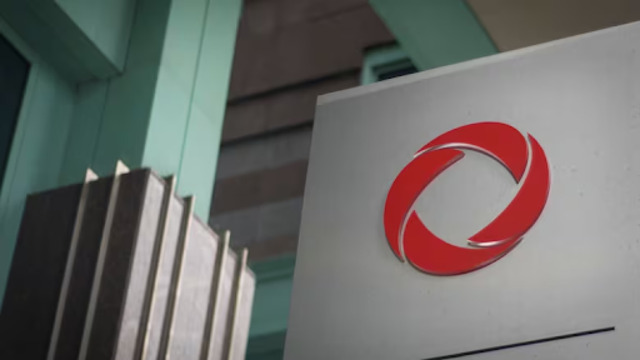
Rogers Communications Inc. is facing a lawsuit from Canada’s competition watchdog for allegedly misleading customers about offering unlimited data on certain phone plans. The lawsuit was filed on Monday, September 30, 2019, in Toronto.
Canada's Competition Bureau is taking legal action against Rogers Communications Inc., accusing the company of misleading customers about its phone plans. The antitrust watchdog claims that Rogers' advertising created a false impression that certain phone plans offered unlimited data. However, according to the Bureau, the plans actually have data limits, and once those limits are reached, users experience a significant slowdown in internet speeds—reduced by over 99%.
The issue centres around Rogers' promotional material, which the Competition Bureau says misled consumers into thinking they were getting truly unlimited data. Instead, once the data cap is surpassed, customers are subject to drastically slower speeds, making it nearly impossible to use their phones for data-heavy tasks like streaming or downloading.
Rogers, on the other hand, disagrees with the Bureau's claims. A company spokesperson said the phone plans in question, which were launched in 2019, are in line with the typical offerings in Canada. They expressed concern over the Bureau's decision to target Rogers after five years, implying that other companies follow similar practices. The spokesperson stated that the company intends to fight the legal action.
The Competition Bureau has applied with the Competition Tribunal, demanding that Rogers stop its allegedly misleading advertising. Additionally, the Bureau is seeking a penalty and restitution for the affected customers who may have been misled by the advertisements.
Rogers is a major player in Canada's telecommunications sector, and this legal battle could have significant implications for both the company and its customers. The outcome of this case may shape how wireless companies advertise data usage and manage consumer expectations in the future. As the case moves forward, it highlights the importance of transparency in advertising and the need for companies to clearly communicate the terms and conditions of their offerings to consumers.
In summary, the Competition Bureau is suing Rogers for allegedly misleading customers about their "unlimited data" phone plans, claiming the company misrepresented its services. Rogers disputes the claims and intends to fight the lawsuit.















